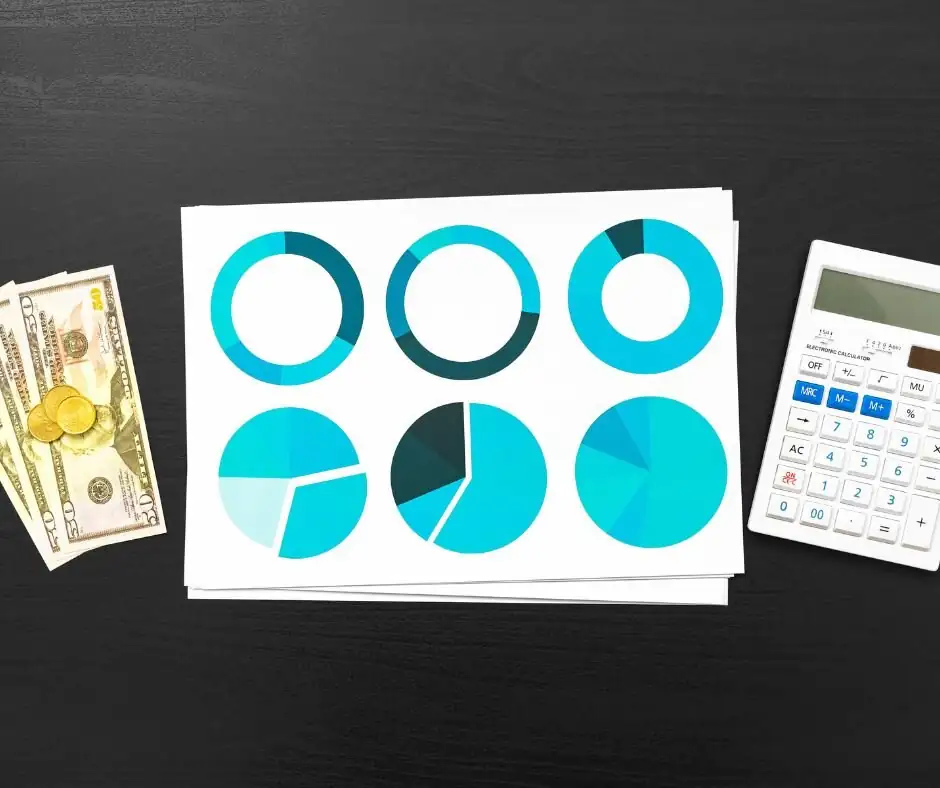
Key Takeaways
- Proof of funds confirms a buyer has the cash to close on your property.
- Fake buyers avoid showing proof and often delay or cancel deals.
- Sellers should always verify documents before signing a contract.
- Earnest money deposits prove the buyer is serious and committed.
- Working with reputable local buyers ensures a safe, fast sale.
Why Proof of Funds Matters
When homeowners decide to sell a house fast for cash in Virginia, especially in urgent situations such as foreclosure, divorce, or inheritance, the idea of a quick and stress-free sale feels like the perfect solution. Unfortunately, not every buyer who makes an offer actually has the money to close.
That’s why proof of funds is so critical. It protects the seller by confirming that the buyer is not only interested but also financially capable of completing the transaction. Without it, you risk wasted time, lost opportunities, and even financial harm if the deal falls apart.
What Real Proof of Funds Looks Like
A serious cash buyer will always be ready to show verifiable documentation. Examples include:
- Recent bank statements showing the available balance.
- A letter from a financial institution confirming available funds.
- Evidence of liquid assets that are ready to be used immediately.
According to the National Association of Realtors, proof of funds is a standard requirement in any legitimate cash real estate transaction.
Red Flags to Watch For
Just as real proof of funds creates confidence, fake or missing documentation is a clear warning sign. Watch for these red flags:
- The buyer refuses to provide proof of funds.
- Documents look altered, outdated, or vague.
- The buyer avoids answering questions about financing.
- There’s no local presence or verifiable track record.
The Better Business Bureau also advises homeowners to always verify the legitimacy of any buyer before signing an agreement.
Why Earnest Money Deposits Are Just as Important
While proof of funds shows the buyer can pay, an earnest money deposit (EMD) shows they’re truly committed. Without it, a buyer could walk away at the last second with no consequences.
EMD Checklist for Sellers
- Good Faith Deposit – A real buyer should provide at least 2–2.5% of the purchase price as earnest money.
- Example: On a $200,000 home, that equals $5,000 non-refundable if the buyer fails to perform.
- Example: On a $200,000 home, that equals $5,000 non-refundable if the buyer fails to perform.
- Held Securely – The deposit should be held in escrow or by a trusted title company.
- Non-Refundable Terms – If the buyer backs out without reason, the seller keeps the deposit.
- Proof in Writing – Always request documentation confirming that the deposit has been made.
When combined, proof of funds + an earnest money deposit protect sellers from fake offers and wasted time.
How These Protections Speed Up Closing
With verified funds and a meaningful deposit in place, sellers can move forward confidently. Deals close in as little as 14 to 30 days, which is especially valuable for distressed properties or houses needing repairs. Proof of funds ensures the buyer can close, while an EMD shows they’re committed to closing.
Work With Buyers Who Are Prepared
At 3 Step Home Sale, we provide proof of funds and earnest money deposits before finalizing an agreement. Sellers never have to wonder if we’re serious — we prove it from the start.
When you work with us, you get:
- Verified proof of funds up front.
- A real earnest money deposit placed in escrow.
- As-is cash offers with no repairs, showings, or delays.
- Local experts who understand your market and close on your timeline.
For added perspective, Zillow’s selling guide also explains why sellers should request documentation from any buyer claiming to pay cash.
FAQs
What happens if a buyer cannot provide proof of funds?
You should not move forward. It usually means the buyer is not serious or does not actually have the money.
Can proof of funds be faked?
Yes. That’s why sellers should request official documents and, if necessary, verify them directly with the financial institution.
Do all real cash buyers provide proof and a deposit?
Yes. Legitimate buyers never hesitate to show funds and provide an earnest money deposit.
Final Word
Proof of funds and earnest money deposits are the two most important protections a seller has when working with cash home buyers. By demanding both, you ensure a fast, safe, and fair sale without falling victim to fake offers.
With 3 Step Home Sale, you can trust every step of the process. We back up our offers with verified proof, meaningful deposits, and the ability to close when you’re ready.
👉 Ready to sell your house as-is for cash? Contact 3 Step Home Sale today to request your fair cash offer and move forward with confidence.

